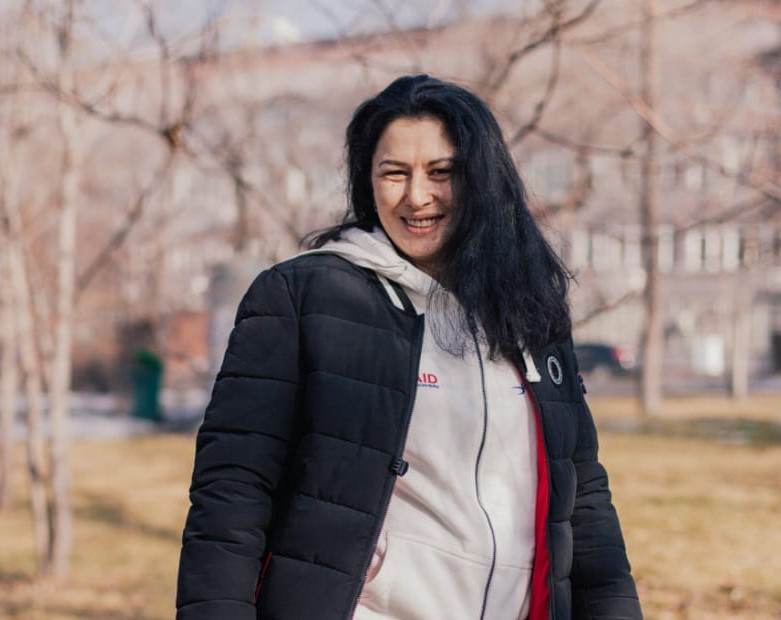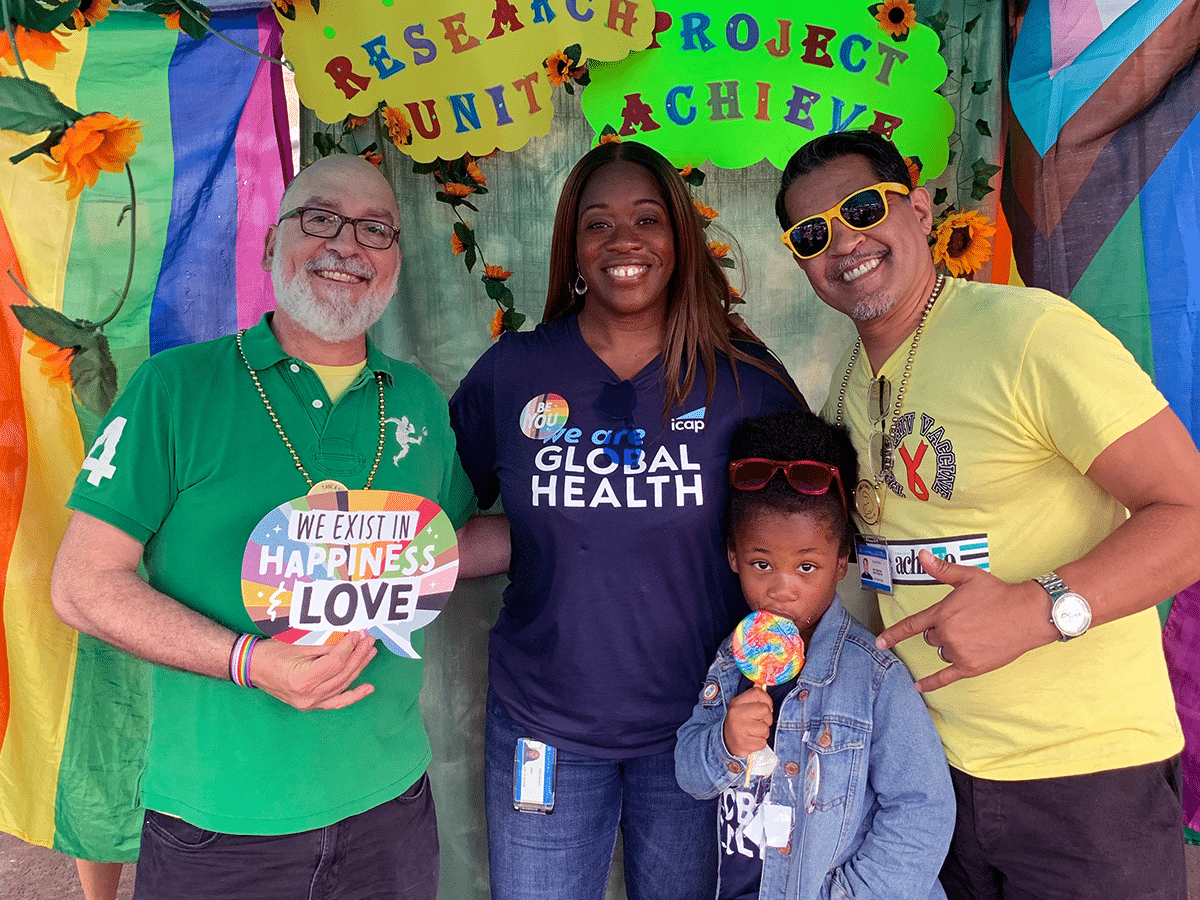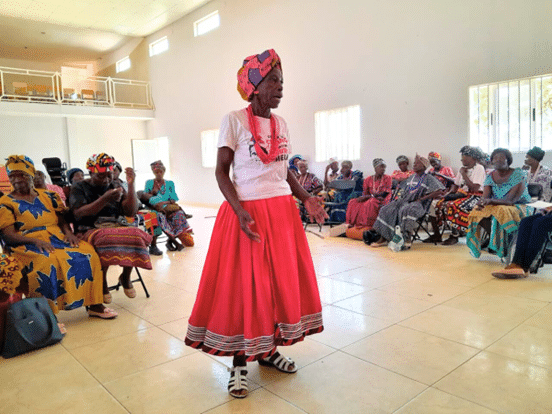Christina Kataraga-Livaza is a 45-year old woman open livingly with HIV in Almaty, Kazakhstan. After spending fourteen years of her life in prison, for the past four years, she has been working at a community-based organization called Revansh, first as a volunteer and now as a social worker.
Christina first encountered Revansh’s staff as they were providing care services to women living with HIV and conducting HIV prevention counseling inside the prison she was based in. In 2017, while still in prison, Christina started volunteering with Revansh to support incarcerated women living with HIV and women using drugs. As a woman living with HIV herself, in 2020, Christina joined Revansh to help educate others about HIV, ways to live with it, and how to prevent further transmission.
“Unfortunately, many of the people living with HIV feel hopeless,” said Christina. “The project, the Almaty Model of HIV Epidemic Control, provides an opportunity to help people who are otherwise unable to access health and social assistance services. This project is especially beneficial for individuals who use drugs, those who have been previously convicted, and other key population groups.”
Working closely with the Almaty AIDS Center and other government organizations as part of the project, Christina’s role is to counsel patients who are facing difficulties in accepting their HIV status and/or refusing to initiate antiretroviral therapy (ART) or other treatment therapies. The Almaty Model for Epidemic Control is funded by the Elton John AIDS Foundation to create and implement a cost-effective and sustainable city program that works effectively to achieve HIV epidemic control in Almaty. This project is implemented by a consortium of local organizations, including Revansh, under the leadership of the local office of ICAP at Columbia University in Almaty, Kazakhstan.
Often times, people living with or affected HIV may require support beyond health services. Working closely with women released from prisons, Christina supports them to socialize, receive education, obtain financial support, reinstate necessary documentation, and find employment. This has been particularly critical in the last year as many of the program’s clients have lost income or housing due to the COVID-19 pandemic.
One of Christina’s clients, Alinur*, is living with HIV and had refused to initiate ART for eight years. Taking on this challenge, Christina scheduled regular meetings with him to share her own experiences of taking ART, the benefits of ART, and motivated him to take charge of his own health. After several counseling sessions, Alinur* agreed to a health exam and began an ART regimen. Since then, his health has improved and he has built stronger connections with other people living with HIV.
Christina’s experience with Alinur* and other clients continues to motivate the critical work she does to meet the needs of those affected by and living with HIV in Kazakhstan.
*Name has been changed to protect the identity of the individual
About ICAP
A major global health organization that has been improving public health in countries around the world for nearly two decades, ICAP works to transform the health of populations through innovation, science, and global collaboration. Based at Columbia Mailman School of Public Health, ICAP has projects in more than 30 countries, working side-by-side with ministries of health and local governmental, non-governmental, academic, and community partners to confront some of the world’s greatest health challenges. Through evidence-informed programs, meaningful research, tailored technical assistance, effective training and education programs, and rigorous surveillance to measure and evaluate the impact of public health interventions, ICAP aims to realize a global vision of healthy people, empowered communities, and thriving societies.








